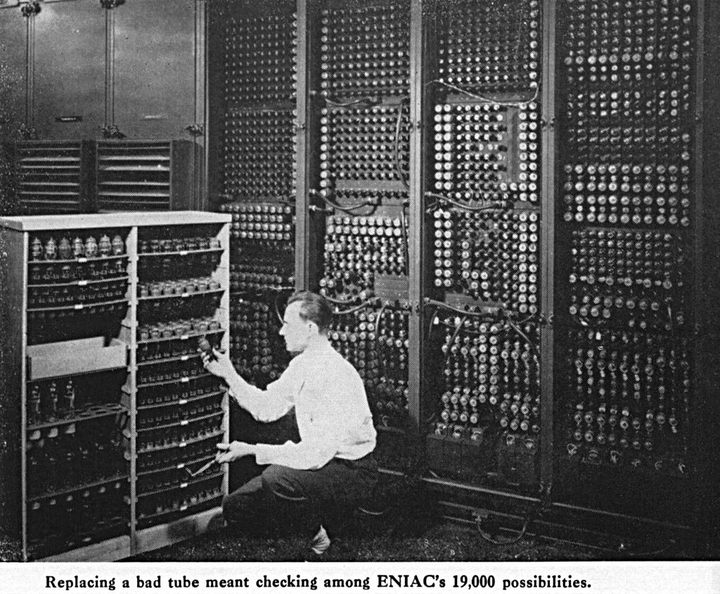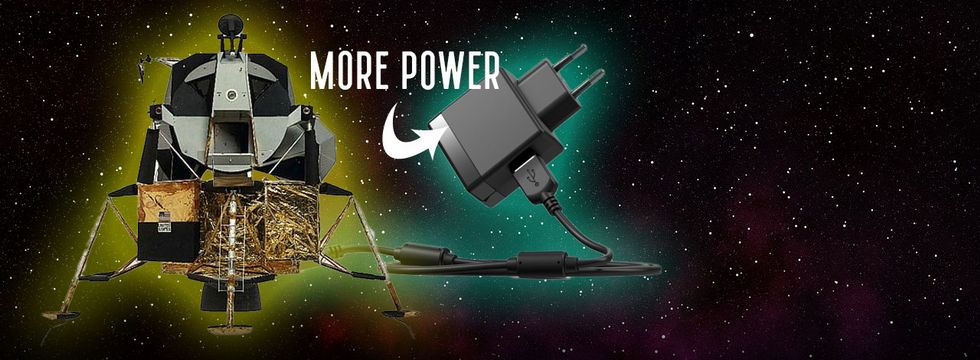author: Artur Niedoba
Most Powerful Computers in History of Mankind That Were Weaker Than Your Laptop
Probably everyone has heard that the power of the computers used in the Apollo 11 mission was weaker than of today's calculators. Today, we look at the most powerful computers in history and how they compare to what we've grown accustomed to.
Table of Contents
- Most Powerful Computers in History of Mankind That Were Weaker Than Your Laptop
- Colossus project – glory of cryptography
- Deep Blue IBM – chess like no other
- Digital Jurassic Park
- The stuff Toy Story was made of
- To the Moon... with 4 KB of memory
Anyone who's even remotely interested in computers has surely heard about the apparently bewilderingly low computing capacity of the Lunar Lander's command module, or other pieces of hardware that ascended humans to the Moon. Sure, a smartphone won't hugely aid your efforts to reach the outer space, but this anecdote perfectly illustrates the sheer pace of technological advancement we've been witnessing. For some reason, the Apollo mission remains the only successful program to have delivered human beings to the surface of Earth's natural satellite. So, what were the computers that helped humanity achieve new milestones in technology?
You've come a long way, baby

Before we move on to enumerating great accomplishments achieved with weak computers, let us consider how much this field has changed in less than 100 years.
All things have their beginnings. When talking about the first computer in history, many people point to ENIAC (Electronic Numerical Interpreter And Calculator). The American colossus of the 1940s had 17,500 vacuum tubes, 7,200 crystal diodes, 1,500 relays, 70,000 resistors, 10,000 capacitors and 1,500 manual switches. The 27-ton giant was cooled by ventilation powered by two Chrysler engines and consumed roughly 140-160kW of power. ENIAC, contrary to today's standards, operated in the decimal system, reaching then unimaginable values of about five thousand additions/subtractions per second.
How much technology has advanced since then is illustrated by a project completed in 1996, which resulted in an integrated circuit with ENIAC-like functionality that could easily fit on your fingertip.
As you can read on the Antique Chip website, a mobile phone is 17,000 times cheaper, uses 400,000 times less energy and is 1,300 times more efficient. And they're not talking about the new iPhone, or even the old iPhone. This is a comparison of the first computer to Samsung SCH-A850. A foldable cellphone with a 128x160 display and enough memory to remember up to 500 phone numbers. And that was quite awesome in 2005. It's an enormous gap, and technology has only been making new advancements since then.
